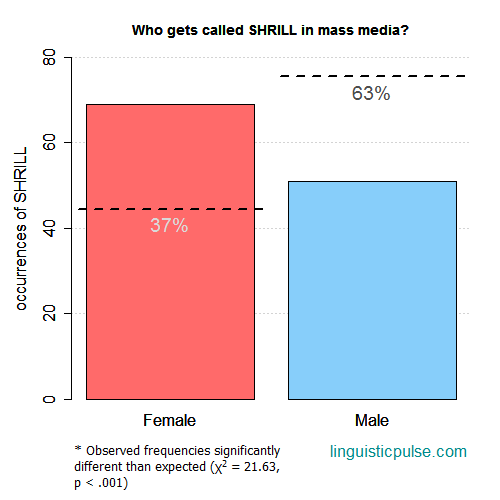Dear readers, thanks for all of your support of linguistic pulse over the years. I worked on this blog as a graduate student, but stopped posting to it several years ago when I became overwhelmed with my faculty job. I intend to keep the site active indefinitely because the posts continue to be read and shared. I hope that you’ll continue to read and share!
However, I am excited to announce that I have started a new platform for my public scholarship. You can now find my writing at nsubtirelu.com. I have recently learned that I am autistic, and my writing will now focus on exploring neurodivergence.
I hope many of the readers of linguistic pulse will follow me to this new platform! All the best!

